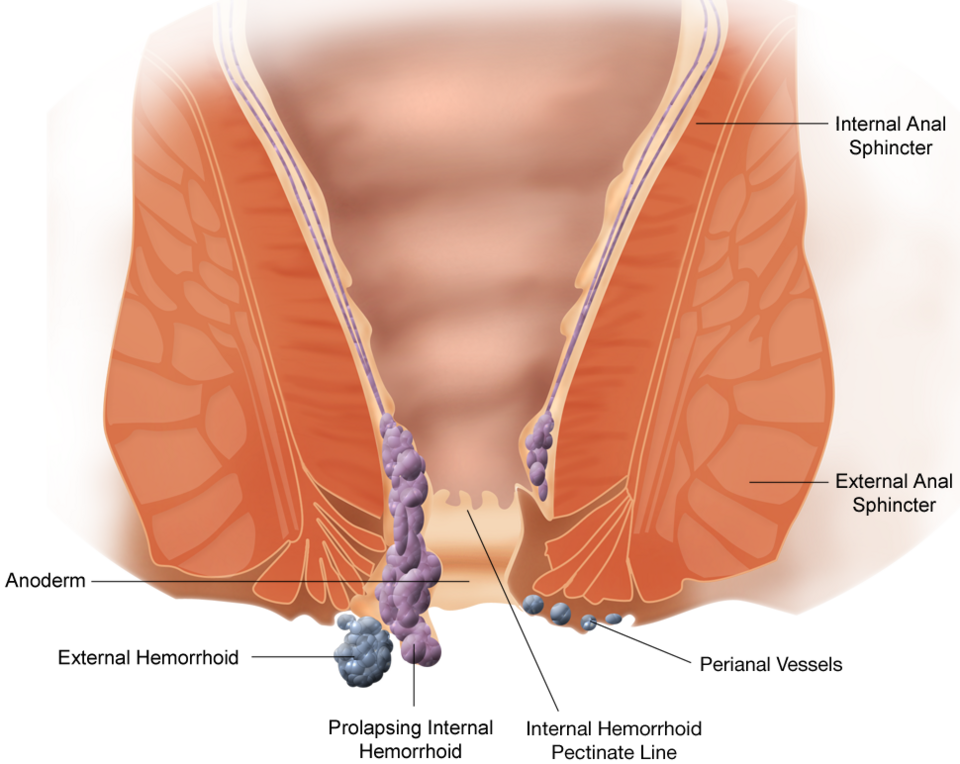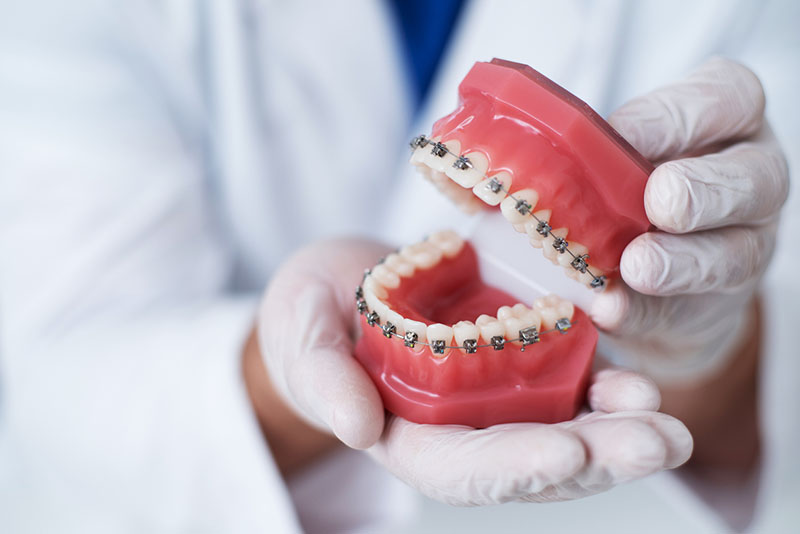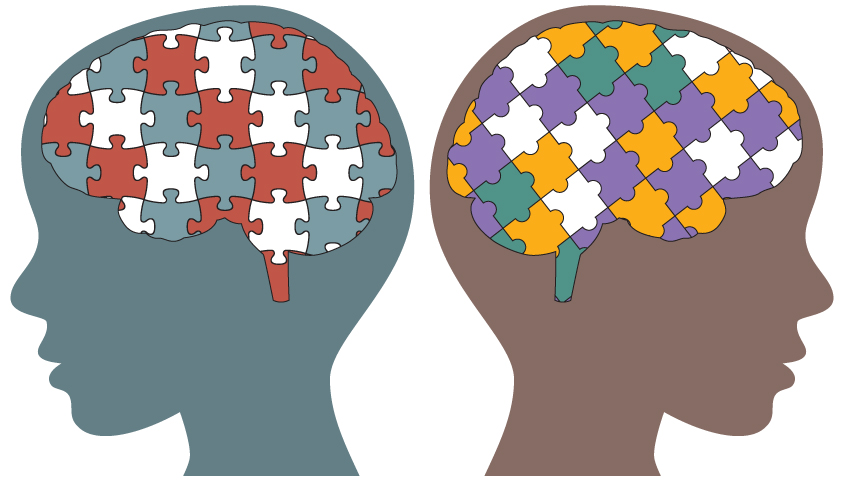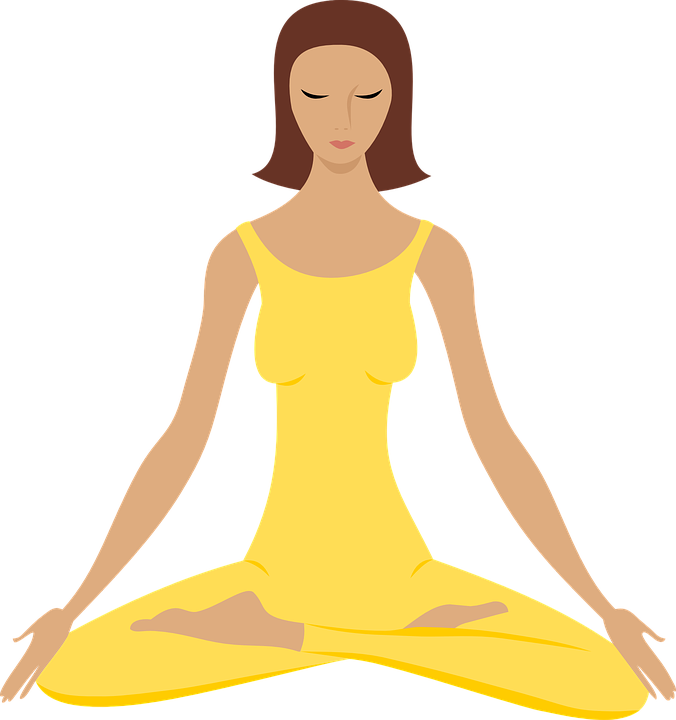Hemorrhoids can cause discomfort, irritation, and inconvenience for many people. While some cases may require surgery, numerous effective non-surgical solutions are available. You can often avoid surgery and find absolute comfort by making a few easy changes to your daily life and trying basic home remedies. When you understand what’s available, you can truly take charge of your symptoms and experience more comfort every day.
Dietary Choices for Hemorrhoid Relief
A fiber-rich diet is one of the most effective ways to alleviate hemorrhoid symptoms. Things like fresh fruit, vegetables, and hearty whole grains really get your digestive system going. Regularity lessens straining during bathroom visits, which can worsen discomfort. Drinking enough water daily also supports digestive health and softens stool. Gradual dietary changes tend to be more effective than sudden ones, as they reduce gas and bloating. Apart from these changes, many clinics offer the best hemorrhoid removal without surgery for those wanting to get rid of the issue permanently.
Staying Properly Hydrated
Without enough water, your digestion slows. Staying hydrated helps everything run smoothly. Keep your hemorrhoids calm by drinking plenty of fluids. Good hydration helps prevent constipation, a common cause of flare-ups. Herbal teas and clear broths serve as gentle alternatives for those who prefer variety. When you choose fewer coffees and sodas, you help your body stay hydrated and feel better overall. Having a water bottle nearby enables you to remember to drink throughout the day.
Physical Activity and Its Benefits
Regular movement supports healthy bowel function and can minimize hemorrhoid pain. Activities such as walking, stretching, and gentle exercises help keep the digestive system active. Prolonged sitting, especially on hard surfaces, increases pressure in the lower rectum. Standing up periodically during long periods of sitting can prevent discomfort. Exercise also helps control body weight, which may reduce the frequency and severity of symptoms.
Healthy Bathroom Habits
Adopting good bathroom hygiene practices can significantly reduce hemorrhoid irritation. Responding promptly to the urge to go prevents stool from becoming hard and difficult to pass. Spending less time on the toilet helps avoid excess pressure. Using unscented, gentle toilet paper or moist wipes can minimize irritation. Some people find warm water rinses after bowel movements more soothing than wiping alone.
Topical Relief Options
Several over-the-counter creams and ointments can ease itching and burning sensations. Products containing witch hazel or aloe vera offer cooling effects and decrease swelling. Applying these remedies as directed can provide temporary comfort during flare-ups. Suppositories and medicated pads also exist for those who prefer alternatives to creams. Always follow package instructions and consult a healthcare provider if symptoms persist.
Warm Sitz Baths for Comfort
A sitz bath involves soaking the affected area in warm water for ten to fifteen minutes. You’ll feel a lot better, as this trick alleviates the annoying sting and reduces any swelling you might have. Many people find relief by repeating sitz baths several times daily, especially after bowel movements. Using plain water works best, as added soaps or salts may increase discomfort. After soaking, gently pat the area dry with a soft cloth.
Lifestyle Adjustments to Prevent Recurrence
Making small changes can help prevent hemorrhoids from returning, and maintaining a balanced diet and staying hydrated supports digestive health. Regular exercise reduces pressure around the lower rectum. Wearing loose-fitting clothing and cotton underwear allows the area to breathe, thereby reducing the risk of irritation. Avoiding heavy lifting and straining during physical activities can further protect sensitive tissues.
When to Seek Medical Advice
Persistent or severe symptoms may require professional evaluation. Rectal bleeding, significant pain, or changes in bowel habits should not be ignored. Clinicians often recommend other interventions or investigate the primary etiology. Seeking advice early ensures that you receive appropriate care and have peace of mind.
Confidence in Non-Surgical Relief
Many individuals manage hemorrhoid symptoms effectively with non-surgical methods. Simple adjustments in diet, activity, and hygiene make a noticeable difference. Over-the-counter products and regular sitz baths provide additional comfort during flare-ups. Adopting healthy habits supports both immediate relief and long-term well-being. Consistency with these changes often leads to lasting improvement and greater daily comfort.
Conclusion
Non-surgical approaches can bring significant relief for those experiencing hemorrhoids. To manage symptoms, try making simple daily adjustments, improving your nutrition, and applying topical creams. You can often resolve the issue and get back to feeling great, all without ever needing surgery. With a bit of perseverance, folks discover these ideas truly lessen their aches and worries. Life just feels better overall.



